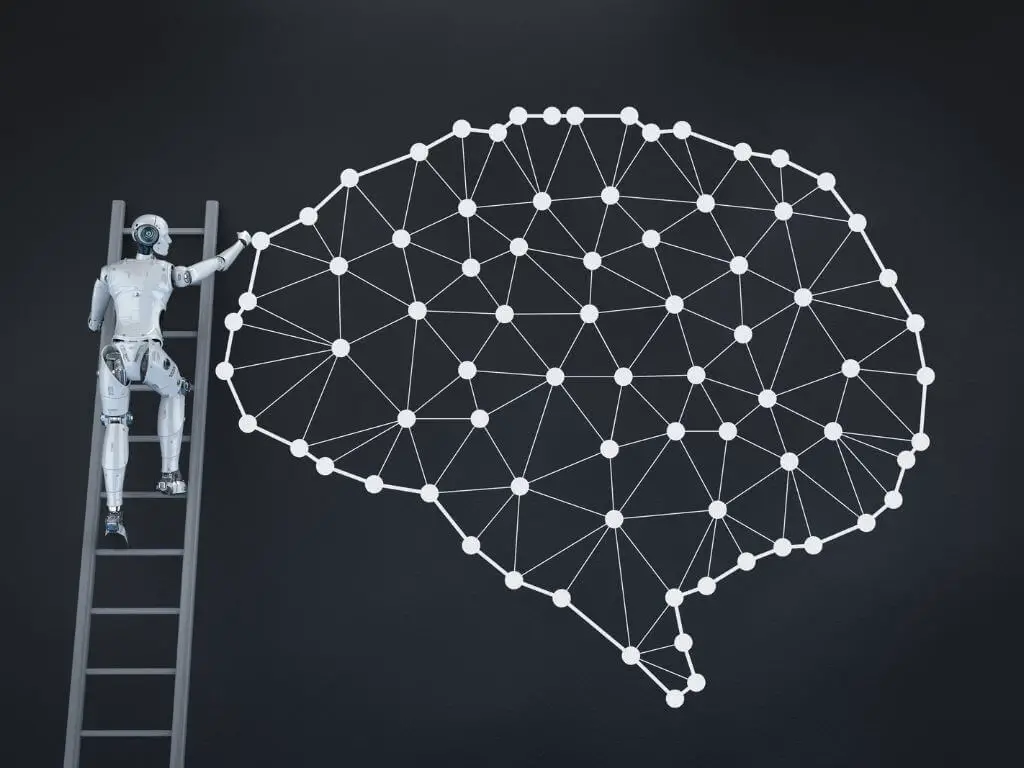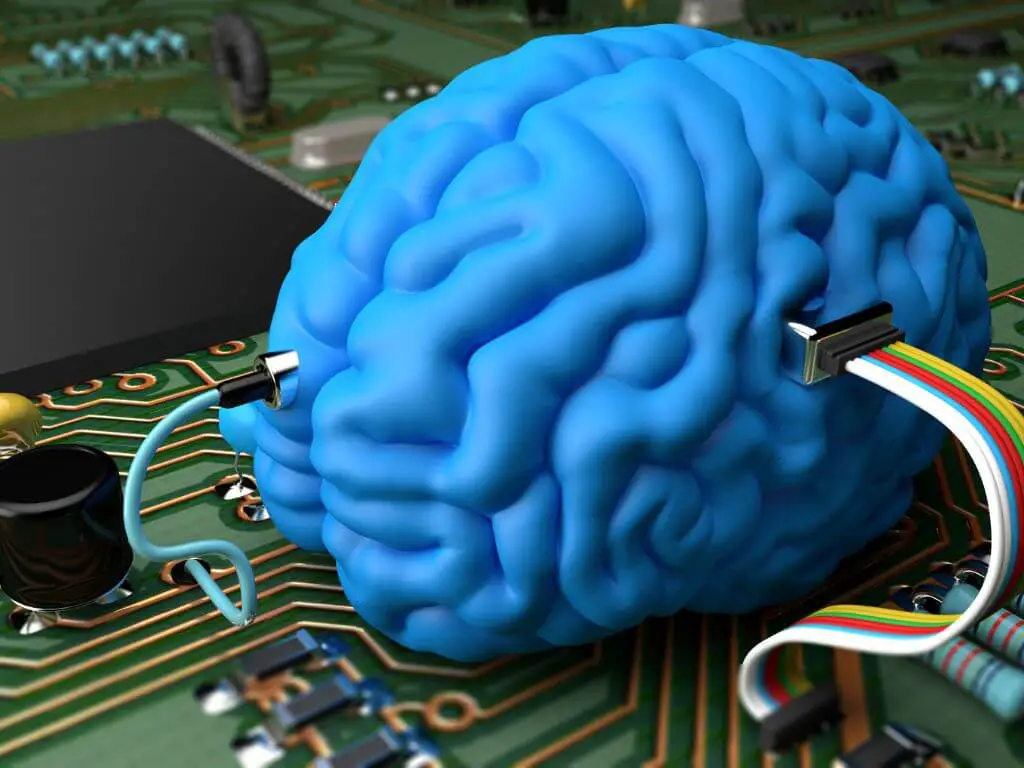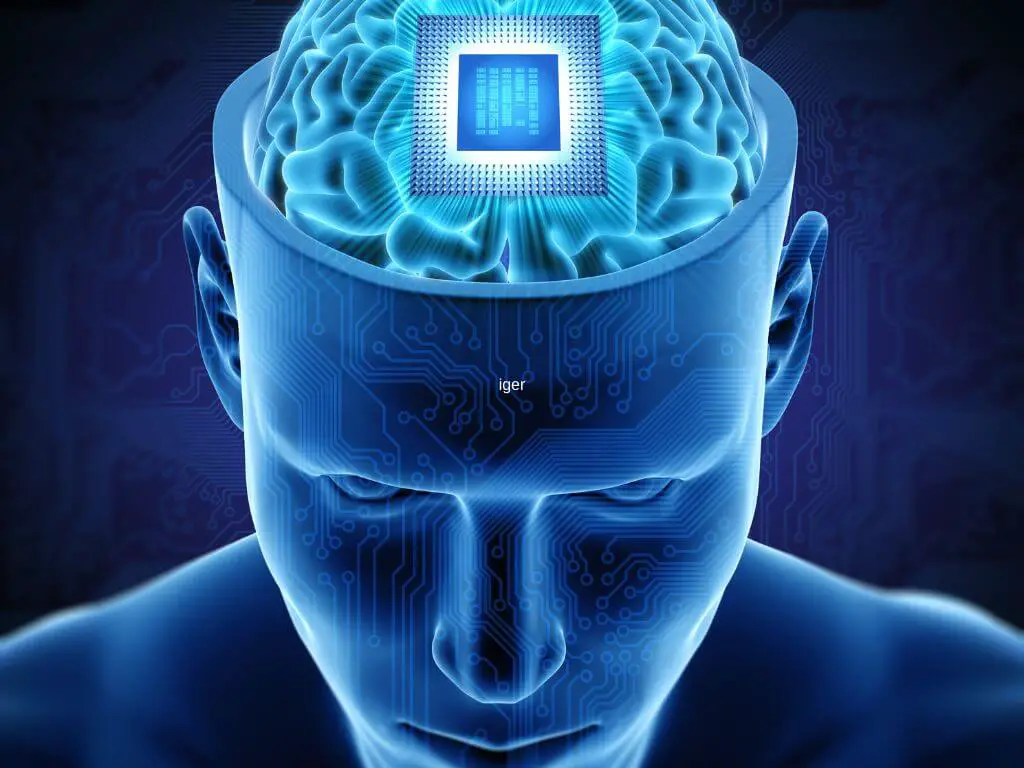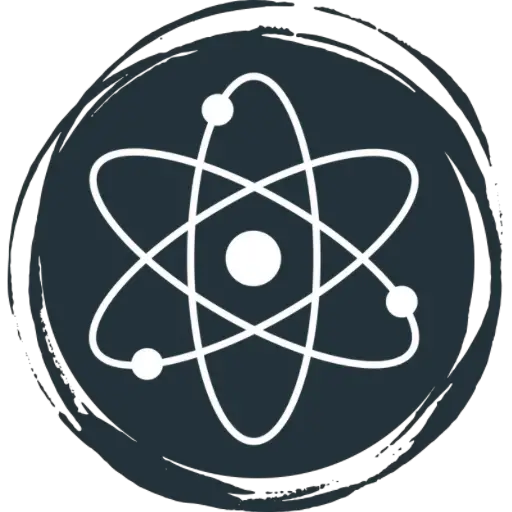Neuralink is a neurotechnology company founded by Elon Musk and others with the goal of developing implantable brain-machine interfaces (BMIs). The company is developing technology to link humans with computers, using a miniature brain implant. The company is still in the early stages of development and has not yet released any products, but the potential applications of its technology are vast and could potentially change humanity in many ways. While there are potential drawbacks, the potential benefits make the development of this technology an exciting prospect. As the company continues to advance its research and development, we will have to wait and see what the future holds.
How neuralink will change humanity
1. Enhanced cognitive abilities
The goal of Neuralink is to create devices that can be implanted into the human brain, allowing people to control computers with their thoughts and providing them with enhanced cognitive abilities. Beyond medical applications, Neuralink’s technology could also have more widespread implications for humanity. For example, it may be possible to use BMIs to enhance human cognitive abilities, potentially allowing us to process information faster and more efficiently. This could have a major impact on the way we learn and do our jobs, and could potentially lead to significant advances in fields such as science, engineering, and medicine.

2. A “symbiosis” between man and machine
In the long term, Musk believes that Neuralink’s technology could be used to merge humans with artificial intelligence, creating a “symbiosis” between man and machine. This would allow humanity to keep up with advances in AI, ensuring that we don’t become obsolete as a species.

3. Treat neurological conditions
One of the main goals of Neuralink is to develop a BMI that can be used to treat neurological conditions such as epilepsy and Parkinson’s disease. By connecting the brain to a computer, it may be possible to monitor and control the activity of neurons in real-time, potentially allowing for more effective treatment of these conditions.

4. Brain-computer interfaces (BCIs)
Another potential application of Neuralink’s technology is in the field of brain-computer interfaces (BCIs). BCIs allow users to control external devices, such as computers or robotic limbs, using their thoughts alone. This could potentially allow people with paralysis or other conditions that prevent them from using their limbs to regain some degree of independence.

5. Ethical Concerns
However, there are also potential drawbacks to the development of neuralink technology. For one, there are ethical concerns around the idea of implanting devices into the brain. There is also the potential for misuse of the technology, such as using it to control people’s thoughts or actions. These are important issues that will need to be carefully considered as the technology continues to develop.


